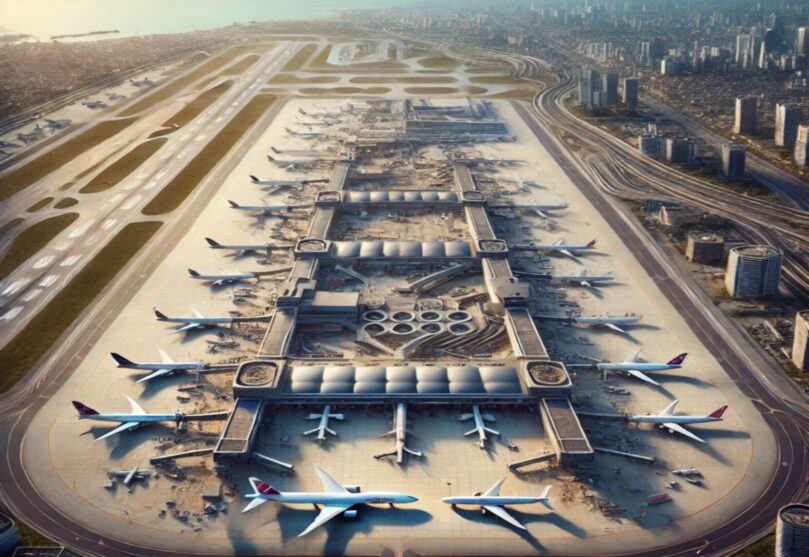- December 12, 2024
- byadmin@blissproptech.com
- No Comments
- Real Estate
- Agra City | greater noida authority | jewar airport | luxury real estate news | Noida Authority | Noida Expressway | Noida International Airport | noida real estate | real estate | Up rera | Yamuna Expressway
UP’s lower tax on jet fuel to give a boost to Delhi-NCR’s second airport
Noida: The Delhi-National Capital Region’s second airport in Jewar, Uttar Pradesh is expected to benefit from significantly lower value-added tax on aviation fuel, according to industry executives and experts.
The existing airport catering to Delhi-NCR, in Gurugram, Haryana, charges a value added tax of 25% on aviation turbine fuel, while the tax at the new airport will be about 1%. Airlines spend 35-40% of their total expenditure on fuel.
“One of the things we do have to offer is lower VAT on ATF. That is important to carriers. Fuel is by far the largest in an airline’s profit and loss statement,” Christoph Schnellmann, chief executive officer, Noida International Airport Ltd.
“If it is something that we can do, or the government can do to lower some of those costs, it will ultimately bring down the cost of travel for passengers. Air travel is price sensitive everywhere,” Schnellmann said.
Noida International Airport Ltd operates the Jewar airport.
The VAT on aviation turbine fuel ranges between 1% and 30% for various airports. The civil aviation ministry has been actively asking state governments to reduce VAT on aviation fuel, and so far 19 states and union territories have reduced the tax in their respective territories.
The Uttar Pradesh government reduced the VAT on ATF in the state to 1% from 21% in 2022.
The first phase of the Noida International Airport is expected to be operational by the end of 2024, with one runway, and one terminal having the capacity to handle traffic of 12 million passengers annually.
The airport is about 72 km from Indira Gandhi International Airport in New Delhi, 52 km from Noida, and 130 km from Agra.
The airport is already seeing strong interest from domestic as well as international airlines. India’s largest airline, IndiGo, will be the launch carrier for the airport. Recently, Akasa Air announced it will base its aircraft at Jewar for domestic and international flights.
Air India Express, the low-cost subsidiary of Air India, is also looking at Jewar airport.
“We will be looking at where the demand is. Certainly, Jewar is a big catchment area. It will serve a specific market and certainly we would like to be there,” said Aloke Singh, managing director, Air India Express.
“Certainly, demand comes first. I am saying that (lower VAT) is the icing on the cake,” Singh added.
Airlines feel a lower VAT would also mean lower fares for passengers. “Any such benefits in terms of cost will be transferred to passengers, which means lower fares for passengers flying out of Jewar airport,” said the chief executive officer of a low-cost airline, declining to be identified.
Analysts also predict a huge benefit for Jewar airport over Delhi.
“In the case of Delhi airport, 25% is quite high VAT on ATF. I feel the day Noida airport at Jewar is commissioned, Delhi government may be forced to reduce (the tax); otherwise this will be one of the reasons for moving lot of traffic to Jewar,” Vijai Agrawal, former chairman of the Airports Authority of India, said during a webinar conducted by aviation consultancy firm CAPA India.
Recent Posts
- Investment of Rs 4800 crore will be made, demand for plots along the expressway increased
- Land acquisition process begins for third and fourth phases of Noida International airport
- No construction: Warning boards soon on New Noida land
- Luxury Flats, Corporates and Now Fancy Restaurants
- NCLAT appoints NBCC as PMC for completion of 16 Supertech projects

